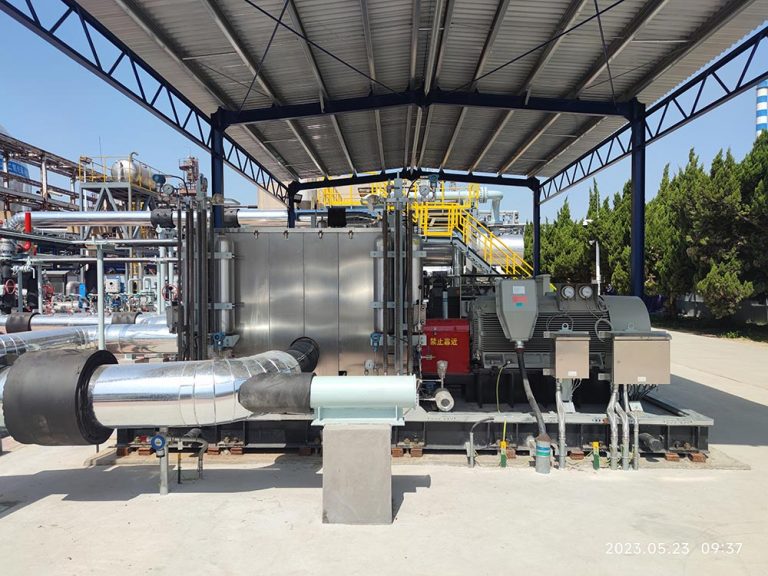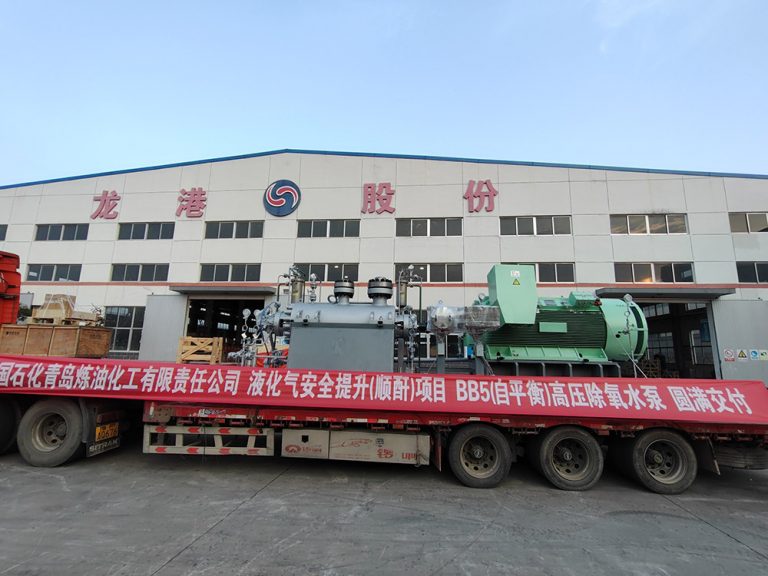Are you looking for the right chemical pump for your specific application? Choosing the right pump involves considering critical factors such as corrosion resistance, viscosity handling, temperature compatibility, safety features, and chemical properties. In this blog, we will guide you through the selection process and discover how to optimize pump performance and reliability while minimizing risks associated with handling challenging fluids in industrial processes.

What Factors Determine the Selection of a Chemical Pump?
When choosing a chemical pump, it’s important to take into account important aspects to guarantee top-notch efficiency and durability. Applications come with a set of hurdles that can impact the kind of pump needed. Understanding these aspects will assist you in making a thought-out choice.
Corrosion
When it comes to chemical pumps corrosion is an issue that needs attention. The materials used in making the pump should be able to handle the properties of the chemicals they interact with. It’s important to check if materials like steel special alloys and coatings, can resist corrosion over time.
Viscosity and Abrasiveness
When selecting a pump for your needs, it’s important to take into account the thickness and roughness of the fluid being pumped. For fluids, you’ll want a pump that can handle them effectively while for fluids a pump, with sturdy parts to resist damage is essential. Evaluating these characteristics will help you pick a pump that works efficiently and reliably over time without issues.
Temperature Extremes
Extreme temperatures can impact how chemical pumps work and how long they last. It’s important for pumps to function effectively in both hot and cold environments without risking their strength and durability in the process. One way to achieve this is by using pumps made from materials that can withstand temperatures or by choosing models that come with cooling or heating systems to ensure performance regardless of the temperature fluctuations.
Safety Concerns
Safety should always be a priority when dealing with chemicals. It is important to choose pumps with safety features such as leak detection systems pressure relief valves, ES, and fail-safe mechanisms to avoid accidents. Making sure that the pump complies with safety standards in the industry will help safeguard both employees and equipment from the risks linked to chemical handling.
Compatibility with Chemical Properties
Knowing the chemical characteristics of the liquid is crucial when choosing a pump system to use. Various chemicals can interact in different ways with pump components impacting efficiency and safety. It’s important to make sure that the pump you select works well with the liquid acidity level and other properties to prevent any outcomes or harm.
How to Select a Better Chemical Pump Type?
Choosing the type of chemical pump entails grasping the requirements of the application and aligning them with fitting pump technologies, which involves a thorough examination of various critical factors.
Understand the Chemical Characteristics
Prior to selecting a pump variety for your needs a thorough grasp of the chemical properties of your situation is essential. Evaluate aspects like concentration levels, toxicity, and volatility to gauge their effects on pump functionality. This insight will assist in choosing a pump that can manage these properties efficiently.
Choose the Right Pump Type
There are kinds of chemical pumps to choose from for uses. Centrifugal pumps work best with thin fluids and positive displacement pumps are more suitable for thicker or delicate liquids, like shear-sensitive ones; make sure to select the right pump type that matches your application needs to guarantee smooth fluid transfer.

Select Appropriate Materials
Selecting the right materials is crucial for maintaining the durability and dependability of chemical pumps. Women’s options include stainless steel pumps alloys or those coated with layers. Picking materials that can endure chemical exposure and mechanical strain in the run.
Consider Pump Coatings and Linings
Sometimes it might be necessary to add layers of protection, like coatings or linings to improve the resistance of the pump to corrosion or wear and tear damage. These protective measures can help prolong the lifespan of the pump by creating a shield between chemicals and its internal parts.
Considering these aspects thoughtfully and grasping their impact on the selection of chemical pumps enables you to make choices that enhance efficiency while reducing the hazards linked to managing complex fluids in industrial settings.
Yantai Longgang Pump Industry: A Reliable Chemical Pump Supplier
When looking for chemical pumps for use in industry settings it’s crucial to select a supplier. Yantai Longgang Pump Industry is well known in the field providing a selection of chemical pumps designed to suit industrial requirements.
Company Overview
Established in May 2001 in the Yantai National High Tech Industrial Park Yantai Longgang Pump Industry Co. Ltd has become known as a pioneering high-tech company respected for its dedication to quality and creativity.
Product Range and Customization Options
At Yantai Longgangs disposal is an array of products encompassing the BB series, OH series, and VS series chemical centrifugal pumps tailored for industries, like petroleum petrochemical, coal chemical industry environmental protection, and water treatment.
FAQs on Chemical Pumps
Exploring the world of chemical pumps requires tackling the questions that come up when choosing and using them.
How can I ensure my chemical pump is energy efficient?
To improve the energy efficiency of chemical pump operations it is important to prioritize choosing pumps with designs that minimize energy usage and maximize performance. Regular maintenance inspections are essential for detecting signs of wear or inefficiency at a stage. Introducing frequency drives ( VFDs ) can be beneficial in regulating pump speed based on demand thereby decreasing energy consumption. Furthermore, opting for materials with low friction coefficients can promote operation and lower power usage.
Can chemical pumps handle solids or slurry?
Certainly! Some types of chemical pumps are capable of handling solids or slurry effectively. Examples include displacement pumps which are well suited for dealing with dense mixtures containing solid particles thanks to their sturdy build and ability to maintain steady flow rates even under varying pressure conditions. Another option to pumps that transport fluids through tubes without direct contact with mechanical parts to reduce the risk of blockages from solids.
When you delve into the details of choosing chemical pumps. Consider how specific applications impact your choices making informed decisions can improve operational efficiency and maintain safety in industrial operations.








